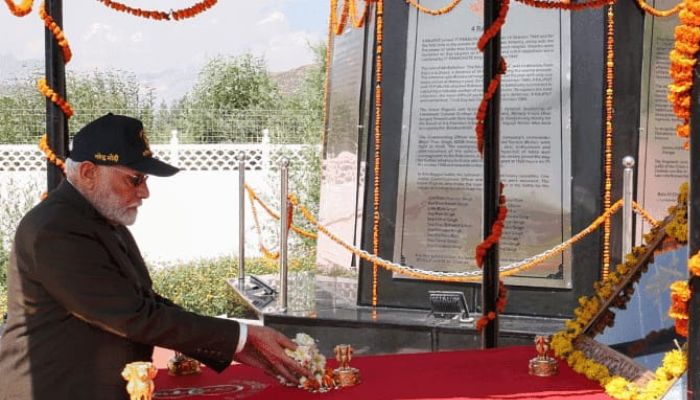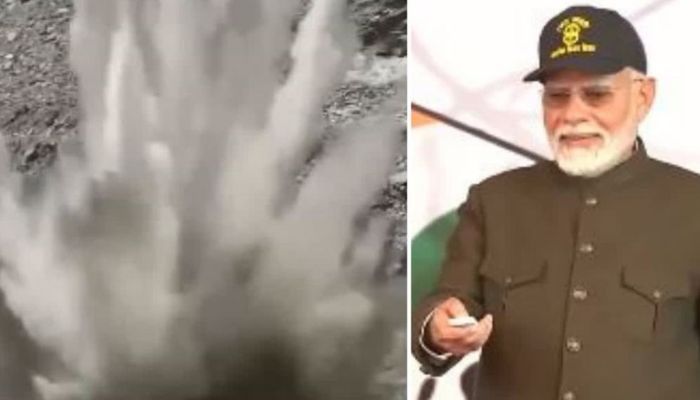Srinagar,May 11(CNI):As the political battleground heats up in Srinagar, one of Jammu and Kashmir’s pivotal constituencies, the upcoming elections witness a fierce triangular contest among the National Conference (NC), People’s Democratic Party (PDP), and the recently emerged Jammu and Kashmir Apni Party (DPAP).
With the absence of a representative from the Abdullah family on this traditional seat, the battle for supremacy has intensified, drawing attention to the decisive role of approximately 52,000 votes of Kashmiri Pandits.
Ahead of the campaign closure on Saturday, all parties are leaving no stone unturned to sway voters in their favor. Agha Ruhullah, the NC candidate, remains confident in the party’s cadre and the legacy of the Abdullah family, while Waheed Parra of the PDP banks on youth support and disillusionment with both NC and the ruling BJP.
The DPAP, led by Ghulam Nabi Azad, is striving to transform the contest into a quadrilateral one, leveraging Azad’s past developmental initiatives during his tenure as Chief Minister. Mohammad Ashraf Mir, DPAP’s candidate and former state minister, eyes votes from both his party faithfuls and supporters of the People’s Conference.
Despite Srinagar’s status as the summer capital, the political climate is ablaze, with security forces on high alert and campaign vehicles flooding the districts. While formal campaigning ends by 10 PM, party strategists work late into the night, strategizing to clinch victory.
The central issue of the election revolves around the dichotomy of BJP versus development (“Vikas”) and the restoration of statehood. Criticisms against the BJP by NC and PDP for allegedly neglecting Kashmiri interests and identity are countered by promises of statehood restoration and development initiatives. DPAP, on the other hand, pledges to focus on peace-building efforts and developmental projects.
The historical voting patterns in Srinagar, characterized by fluctuating percentages, reflect the region’s complex political dynamics. The turnout in 2019 plummeted to 14.43%. This was indicative of the challenges in voter engagement and participation.(CNI)






